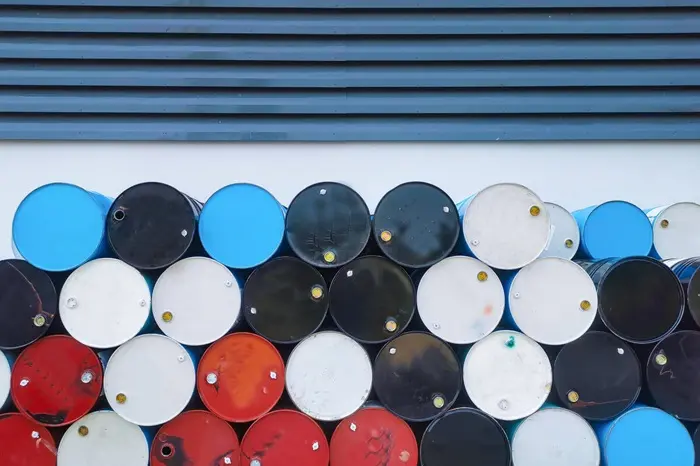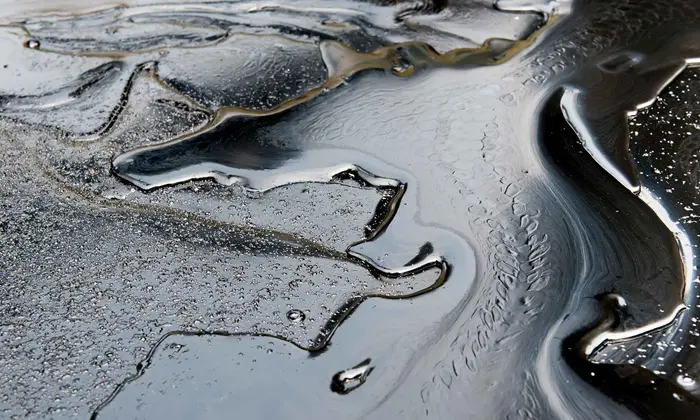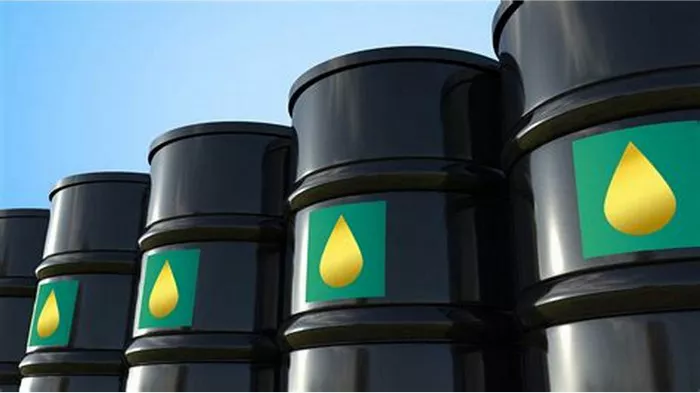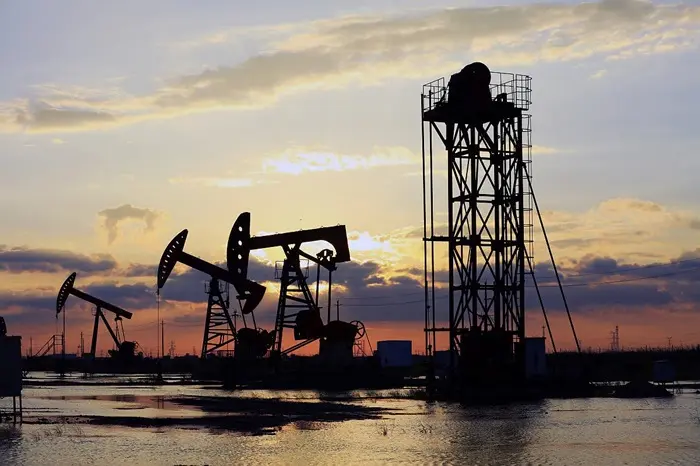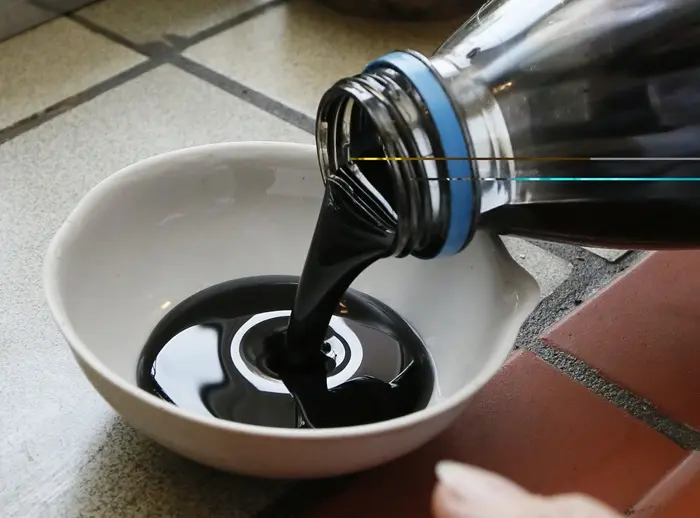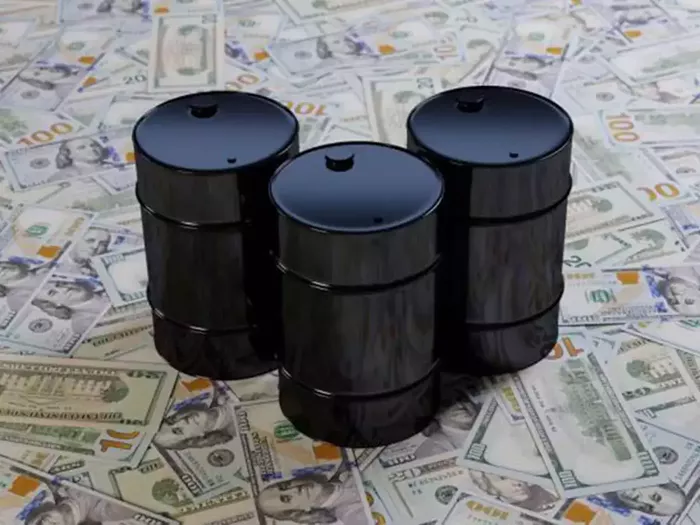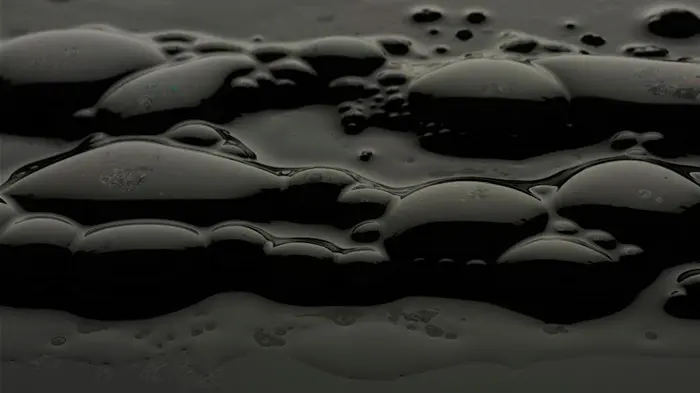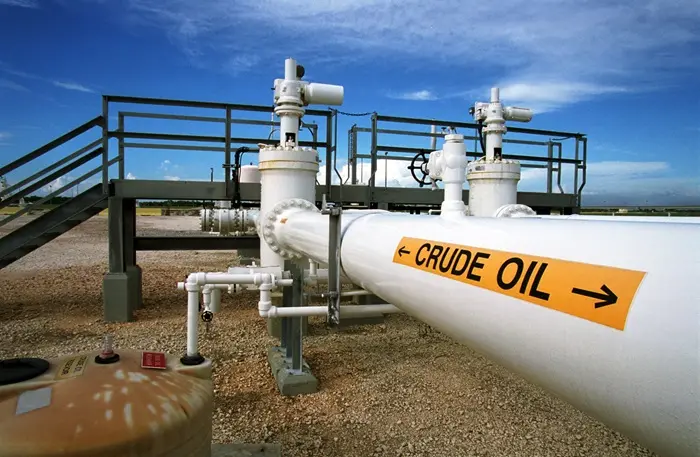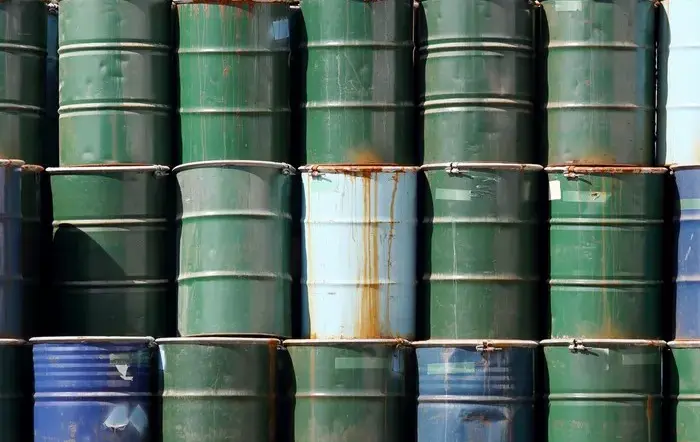The transformation of crude oil into various useful products takes place in an industrial facility known as a refinery. This process is a crucial part of the oil and gas industry, as it converts raw crude oil into valuable refined products like gasoline, diesel, jet fuel, and other petrochemicals. In this article, we will explore what happens in a refinery, the different types of refineries, the technologies involved, and why refineries play such a pivotal role in the global energy and manufacturing sectors.
What is a Crude Oil Refinery?
A crude oil refinery is a large industrial plant that processes crude oil into more valuable products. The primary function of a refinery is to separate, purify, and transform crude oil into various byproducts that are used in countless industries. These products are vital for transportation, energy generation, and the manufacturing of chemicals and plastics.
In a refinery, crude oil is typically separated into different components through a process known as distillation, followed by further refinement through chemical processes such as cracking, reforming, and treating. Each refinery operates based on specific needs, technologies, and the quality of the crude oil it processes.
The Crude Oil Refining Process
The refining of crude oil involves several complex steps. Here’s a breakdown of the most common processes used:
1. Distillation
The first and most basic process in a refinery is distillation, which separates crude oil into different fractions based on their boiling points. Crude oil is heated until it vaporizes, and then the vapor is condensed at different temperatures in a distillation column. This results in various products, such as:
Light gases (LPG): Used as fuel in homes and for vehicles.
Naphtha: A feedstock for gasoline production.
Kerosene: Used for jet fuel and heating.
Diesel: Used as fuel for diesel engines.
Heavy residues: Further processed to make products like asphalt.
2. Cracking
After distillation, heavier fractions like diesel and kerosene may still need to be further broken down. This is achieved through cracking, which uses heat, pressure, or catalysts to break large molecules into smaller, more valuable ones. There are two main types of cracking:
Thermal cracking: Uses high heat to break down heavy hydrocarbons.
Catalytic cracking: Uses a catalyst to enhance the breaking down of molecules at lower temperatures and pressures, producing more gasoline.
3. Reforming
Reforming is a process used to upgrade low-quality naphtha into high-quality gasoline. It alters the molecular structure of hydrocarbons by using a catalyst to rearrange the molecules. The process also produces hydrogen, which is used in other refining processes like hydrocracking.
4. Treating and Blending
After the main refining processes, certain products undergo treating to remove impurities such as sulfur, nitrogen, or metals. Hydrotreating is commonly used to reduce sulfur levels, producing cleaner fuels. Once the products are treated, they may be blended with other components to achieve the desired characteristics, such as octane ratings in gasoline or cetane ratings in diesel.
5. Hydrocracking
Hydrocracking is a more advanced form of cracking that uses hydrogen gas in the presence of a catalyst. This process is more effective at breaking down heavier oils and produces a variety of refined products, including high-quality diesel and jet fuel.
6. Alkylation and Polymerization
These processes are used to produce high-octane gasoline by combining smaller molecules into larger ones. Alkylation creates high-value molecules that boost gasoline performance, while polymerization links smaller molecules to form useful byproducts like synthetic rubber.
Types of Refineries
Refineries can vary widely in size, complexity, and the products they produce. There are several different types of refineries, each designed to meet specific needs and processing goals.
1. Simple Refineries
Simple refineries are smaller plants that primarily focus on distillation and producing a few key products, such as gasoline and diesel. These refineries are generally more cost-effective to build but have limited capacity to process heavy crude oils or produce a wide range of products.
2. Complex Refineries
Complex refineries incorporate advanced technologies like catalytic cracking, hydrocracking, and reforming. These refineries can process a wider variety of crude oils and produce a broader range of high-quality products, including petrochemicals. They are typically larger and more expensive to construct but are capable of generating higher profits due to the diversity of products they can produce.
3. Grassroots Refineries
A grassroots refinery is one that is built from the ground up, often in an area with access to raw crude oil and markets for refined products. These refineries can be built as simple or complex operations, depending on the needs of the owner.
4. Modular Refineries
A modular refinery is a smaller, pre-fabricated facility designed to be transported and assembled on-site. These refineries are often used in regions with limited infrastructure or in situations where a smaller capacity is needed.
The Role of Refineries in the Global Economy
Refineries play a crucial role in the global economy, as they are essential for the production of fuels and chemicals used worldwide. The processed products from refineries are not only used in the transportation sector but also serve as raw materials for manufacturing industries. Additionally, refineries are key to the energy transition, as they supply feedstocks for biofuels, petrochemicals, and other renewable alternatives.
1. Energy Production
Refined products like gasoline, diesel, and jet fuel are the lifeblood of the global transportation industry, enabling the movement of goods and people around the world. Additionally, refined products such as natural gas liquids are used for electricity generation in some regions.
2. Petrochemicals and Manufacturing
Many of the byproducts of crude oil refining are used in the production of petrochemicals. These chemicals are the building blocks of a wide range of products, including plastics, fertilizers, synthetic fibers, and pharmaceuticals.
3. Environmental Impact
Refineries are energy-intensive operations that can have a significant environmental impact. Air pollution, water usage, and waste disposal are major concerns, particularly for older or poorly regulated refineries. The industry is under constant pressure to adopt cleaner technologies and improve efficiency to minimize its environmental footprint.
4. Economic Growth and Employment
Refineries also play a vital role in creating jobs and stimulating local economies. Large refineries often employ thousands of people directly in refining operations, and their presence can also create ancillary jobs in the local supply chain, including construction, transportation, and maintenance.
Technologies in Modern Refineries
Modern refineries utilize several advanced technologies to maximize production, reduce costs, and meet environmental standards. These technologies help refineries operate more efficiently and safely.
1. Automation and Digitalization
Refineries today rely heavily on automation and digitalization to improve efficiency and reduce human error. Control systems monitor all aspects of refinery operations in real-time, optimizing processes and minimizing downtime.
2. Carbon Capture and Storage (CCS)
In response to growing concerns about climate change, many refineries are adopting carbon capture and storage (CCS) technologies to reduce their carbon emissions. This involves capturing carbon dioxide from refinery processes and storing it underground to prevent it from entering the atmosphere.
3. Catalyst Technologies
Advancements in catalyst technologies have significantly improved the efficiency and effectiveness of catalytic processes such as cracking and reforming. New catalysts enable refineries to process more complex crude oils and produce higher-quality fuels and chemicals.
Conclusion
In conclusion, refineries are essential to the global energy and manufacturing sectors. They transform crude oil into a wide variety of valuable products, ranging from fuels for transportation to feedstocks for petrochemical industries. The refining process involves several sophisticated technologies, including distillation, cracking, reforming, and treating, all of which are essential for producing high-quality products.
As the world faces growing energy demands and environmental challenges, the role of refineries will continue to evolve. Innovations in refining technologies, such as carbon capture and digitalization, are helping to reduce the industry’s environmental impact while maintaining its economic importance.
Understanding the refining process and the technologies involved is key for anyone involved in the energy, manufacturing, or environmental sectors. With ongoing improvements in efficiency and sustainability, refineries will remain at the heart of the global economy for years to come.
Related topics:
- What Is the Color of Crude Oil?
- What Year Was Crude Oil Discovered?
- How Much Is Crude Oil Selling For?

